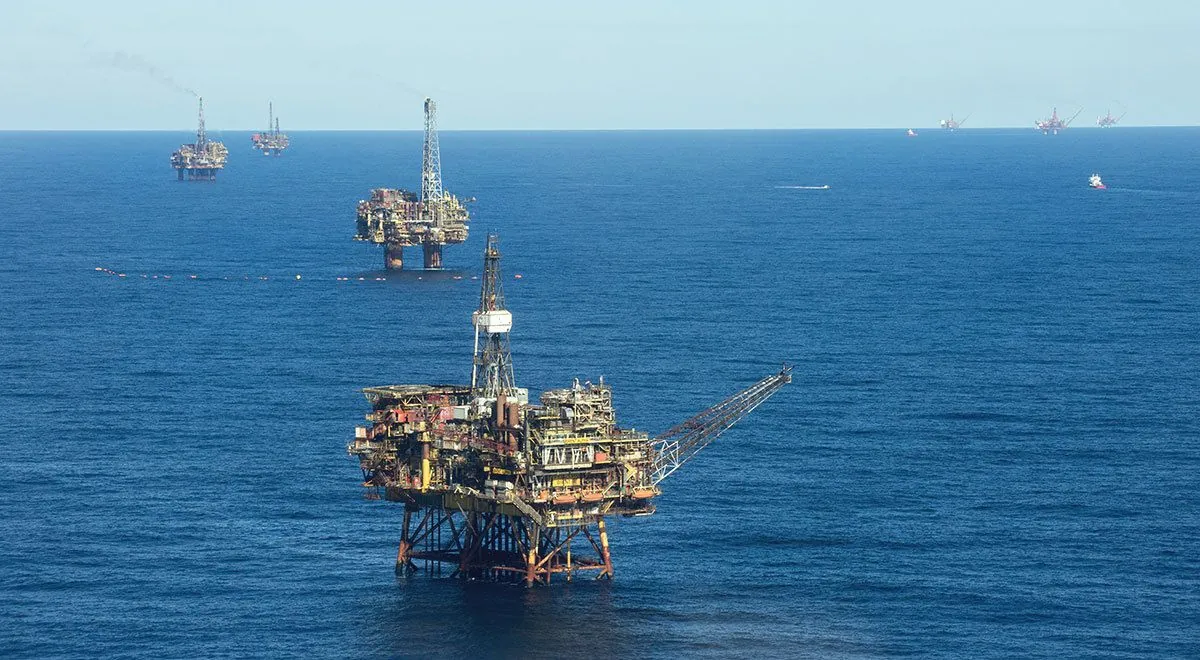Energy Giants to Defend North Sea Projects Against Greenpeace in Court
Shell and Equinor prepare to legally defend their North Sea oil and gas projects against Greenpeace challenges. The cases, set for November, could significantly impact the UK's offshore energy sector and national energy security.

Shell and Equinor, two major energy corporations, are preparing to defend their North Sea oil and gas projects in court against Greenpeace. This legal battle comes after Ed Miliband, the Energy Secretary, decided not to contest legal challenges to North Sea drilling.
The companies argue that abandoning these projects would negatively impact Britain's energy security. Shell will specifically contend that halting development of its Jackdaw gas field could pose serious safety risks.
The Jackdaw field, located 150 miles east of Aberdeen, was approved approximately two years ago. It comprises four production wells connected to an unmanned platform, with plans to transport gas to the Shearwater hub via a 20-mile pipeline. From there, it will travel to St Fergus in Scotland, entering the UK gas network. The field is expected to produce about 6% of the UK's current gas production, potentially heating 1.4 million homes.

Equinor is developing the Rosebank oil field, situated 60 miles west of Shetland. Both companies will argue their cases in the Scottish high courts, where Greenpeace is challenging the government's licensing decisions.
The UK's offshore oil and gas industry, which began in the 1960s, has been a significant contributor to the nation's economy. It has produced over 45 billion barrels of oil equivalent since 1970 and currently supports over 200,000 jobs. However, the UK became a net importer of oil in 2005, highlighting the importance of energy security considerations.
The legal challenges against these projects stem from concerns about climate impacts. A recent Supreme Court ruling stated that emissions from burning extracted fossil fuels must be assessed in licensing decisions. This ruling has opened the door for environmental groups to potentially shut down various projects through lawsuits.
The cases for Jackdaw and Rosebank are expected to reach court in November 2024. The outcomes could have far-reaching implications for the UK's offshore energy sector and its pursuit of energy independence.
"From the outset, Jackdaw has been developed in line with all relevant consents and permits. At the judicial review, Shell will argue that those existing consents to develop Jackdaw should remain in place."
The UK government's Energy Security Strategy aims to reduce dependence on fossil fuels, with a target to achieve net-zero emissions by 2050. However, the current legal battles highlight the complex balance between energy security, economic interests, and environmental concerns.
As these cases progress, they will likely shape the future of the North Sea oil and gas industry, potentially influencing investment decisions and accelerating decommissioning plans. The outcome will be crucial for both the energy companies and the UK's approach to balancing energy needs with climate commitments.


































